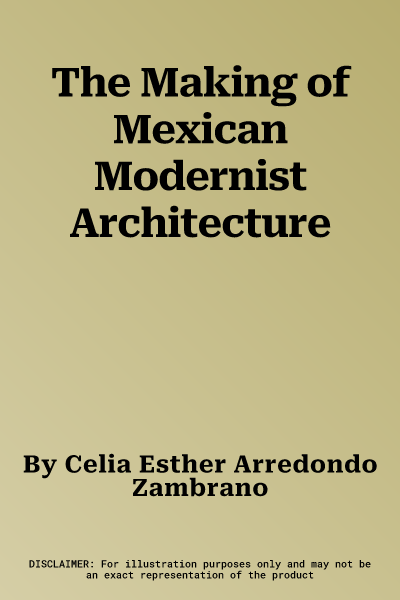This book presents the making of Mexican Modernist architecture through
five power structures - academic, social status, economic/political,
gender, and postcolonial - and by interviews and analysis of 13 key
Mexican architects. These include Luis Barragán, José Villagrán García,
Juan O'Gorman, Pedro Ramírez Vázquez, Agustín Hernández, Abraham
Zabludovsky, Carlos Mijares, Ricardo Legorreta, Juan José Díaz Infante,
Enrique Norten, Alberto Kalach, Javier Sordo Madaleno and Clara de Buen.
Although the five power structures framed what was built, the testimony
of these Mexican architects helps us to recognize and discover
subtleties and nuances. Their views thereby shed light on what
contributed to making Mexican Modernist architecture so distinctive
globally. Even if these architects were not always aware of the power
structures, their projects nonetheless supported discrimination,
marginalization and subjugation. In that sense the book also reveals the
extent to which these power structures are still present today.
The Making of Mexican Modernist Architecture's uniqueness lies in
uncovering the remarkable buildings that arose amid the five power
structures while at the same time questioning their validity. It also
voices the urgent need today for a new kind of architecture outside
these boundaries. The book is essential reading for anyone studying
Mexican and Latin American architecture.

